Ukrainian civil society groups have played a key role in the country’s defence against Russia. Bohdana Kurylo writes these activities offer a powerful example of how democratic resilience can emerge from below during wartime.
Russia’s war against Ukraine has illuminated the agency of an unconventional security actor – Ukrainian civil society – that has reshaped the politics of modern warfare. This actor consists of citizens self-organised into groups, being neither part of the political elite nor a mere collection of individual volunteers. Analysing the role of Ukrainian civil society in the wartime politics of security is helpful for understanding how democratic resilience can emerge from below during wartime.
My research has tracked the activities of army support groups, humanitarian organisations and anti-disinformation initiatives in the period spanning Russia’s initial invasion of Crimea and the Donbas region in 2014 to its full-scale invasion of Ukraine. I have found that civil society groups have not only provided critical military support but also redefined what security means in wartime.
The emergence of a bottom-up security actor
When Russia first invaded Ukraine in 2014, Ukraine’s military was woefully unprepared. A member of the People’s Self-Defence of Lviv Region described it as an army of “scrap metal”, while another activist recalled soldiers “in rubber sandals who had never held a gun in their hands before”.
This military weakness fostered an unprecedented civil society engagement in security provision. While Ukraine’s armed forces have significantly improved since then, the 2022 full-scale invasion reactivated and intensified civil society’s security role.
Against the backdrop of the war in Donbas, civil society groups emerged to fill critical gaps in state capacity. Army support groups like Come Back Alive began as small fundraising initiatives for bulletproof vests. Volunteer battalions formed spontaneously from civic networks.
What started as an emergency response evolved into a sustained engagement with security provision. This pre-2022 foundation explains civil society’s rapid mobilisation after the full-scale invasion across multiple security domains. The military support provided by civil society groups has transformed Ukraine’s defence capabilities. Civil society groups have directly shaped military procurement practices, becoming licenced to procure lethal weapons – a role traditionally monopolised by states.
For example, the Come Back Alive Foundation has raised over UAH 12 billion (approximately $300 million) since February 2022, supplying thousands of drones and critical military equipment. Similarly, the Serhiy Prytula Foundation has raised $165 million, including funds to purchase satellites originally crowdfunded for Turkish drone operations.
In the humanitarian sphere, civil society mounted a parallel response. According to UN OCHA data from 2024, over 630 organisations assisted close to 8 million people across Ukraine. Local volunteer networks conducted the vast majority of frontline evacuations. East SOS alone has evacuated over 46,000 people since 2022, while Save Ukraine has conducted over 160,000 evacuations since 2014. Overall, by 2022, at least 80% of Ukrainians were involved in some form of civil resistance.
The IT Army of Ukraine exemplifies how citizens have weaponised technology to defend against Russia’s digital aggression and disrupt enemy infrastructure. Within months of the full-scale war, it claimed hundreds of thousands of participants and more than 2,000 cyber operations on Russian organisations.
Meanwhile, InformNapalm, a volunteer OSINT collective that has published over 1,700 investigations into Russian military activity, has seen its findings cited in international media and in ICC submissions and sanction cases.
Taken together, these initiatives represent the construction of a parallel security infrastructure that operates alongside traditional state institutions, blurring the boundaries between civilian and military spheres.
Beyond military defence – security as anticolonial resistance
Civil society is often portrayed – both in policy and academic discourses – as a force for peace and non-violence in conflict settings. Ukrainian civil society complicates this portrayal, actively promoting military resistance and opposing compromise with Russia.
Understanding its military stance requires examining what its members believe they are defending, which extends beyond territorial integrity and state sovereignty. Indeed, in the process of collective action, these groups created their own locally rooted “vernacular” understandings of what security means.
Civil society’s vision of security centres on two main concerns beyond achieving military victory. First, security has been associated with emancipation from authoritarian control.
A member of East SOS explained: “Security isn’t really about borders. It’s about people and their ability to thrive within those borders. New generations are being born [in occupied territories] who don’t know what freedom feels like.” Protecting Ukrainian statehood matters only insofar as it enables human dignity and self-determination.
Second, civil society groups emphasise preserving Ukrainian identity against erasure. They view the defence of Ukrainian language rights, cultural heritage and national memory as important security priorities, serving as bulwarks against Russia’s colonial absorption. To quote one army support volunteer: “By coming together to defend our nation, we’ve proven that it’s alive and not artificial, unlike what Russia claims.”
For Ukrainian civil society, security requires all three dimensions – military capacity to resist, freedom from authoritarian control and preservation of cultural identity – because each addresses a different facet of colonial domination. Correspondingly, Russia’s invasion is seen as an attempt to reimpose colonial control through military force, political subjugation and cultural erasure.
This means security cannot be reduced to any single dimension: military victory without freedom would mean occupation by different means, while freedom without the capacity to defend it remains vulnerable to future aggression. According to the Sustainable Peace Manifesto issued by Ukrainian civil society in 2023: “We cannot achieve peace at the expense of justice or justice at the expense of peace.”
Democratisation of security
The Ukrainian case is an example of how sustained civic mobilisation can create new forms of collective civilian agency in wartime security politics. Rather than being mere victims or passive objects of state protection, citizens prove to be active producers of security meanings and practices through collective self-organisation. These collective actors blur the boundaries between community-based activism and formal security operations, challenging who is considered a legitimate security actor.
This represents a democratisation of security, which has transformed from an exclusive domain governed by state leaders and militaries into a participatory sphere where organised citizens collectively determine what needs protecting and how. As Europe faces growing security challenges from Russian aggression and hybrid threats, civic networks have the potential to function as security actors capable of generating democratic resilience when traditional institutions are overwhelmed.
For more information, see the author’s accompanying paper in Security Dialogue.
Note: This article gives the views of the author, not the position of EUROPP – European Politics and Policy or the London School of Economics. Featured image credit: KyivCityUa/ Shutterstock.com



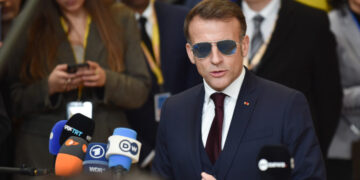














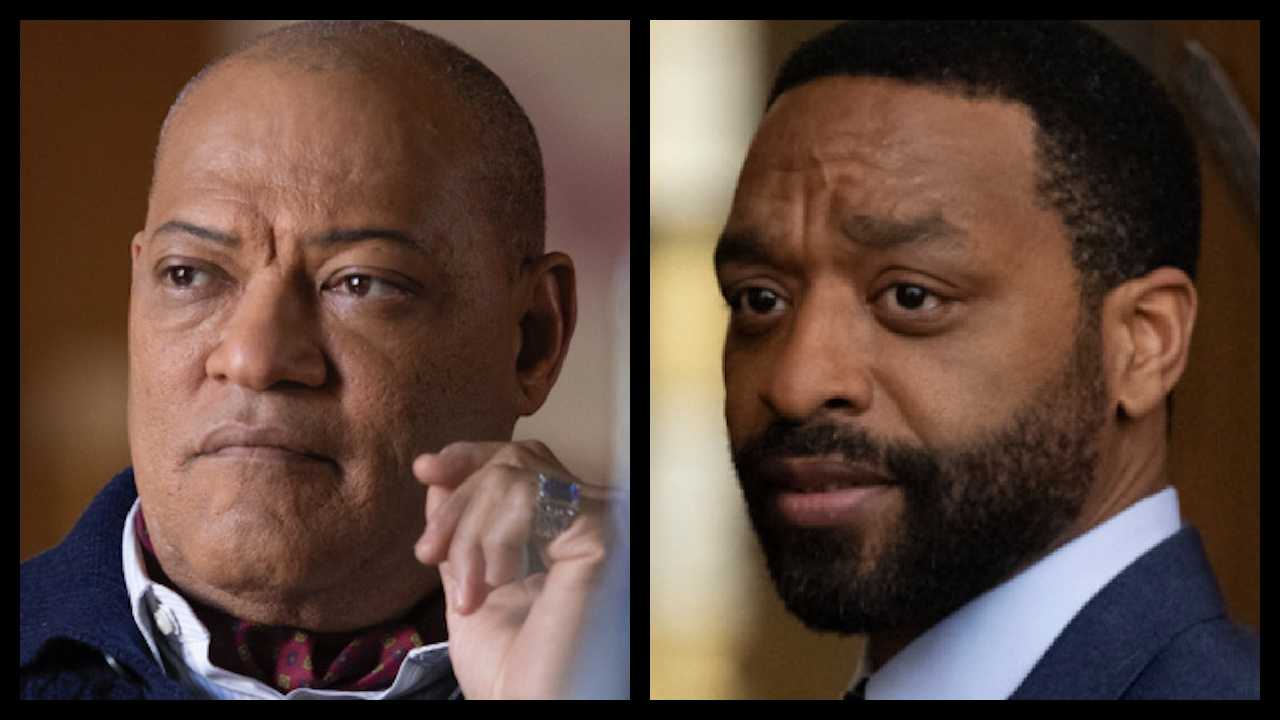
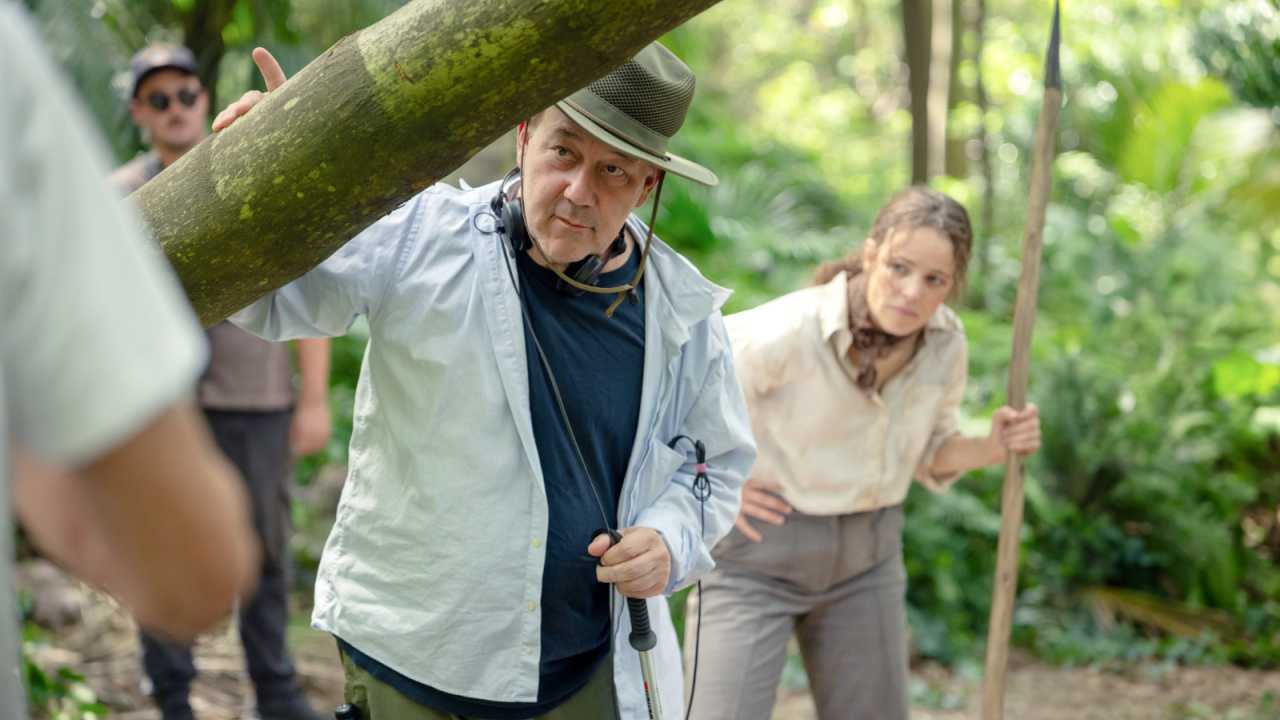
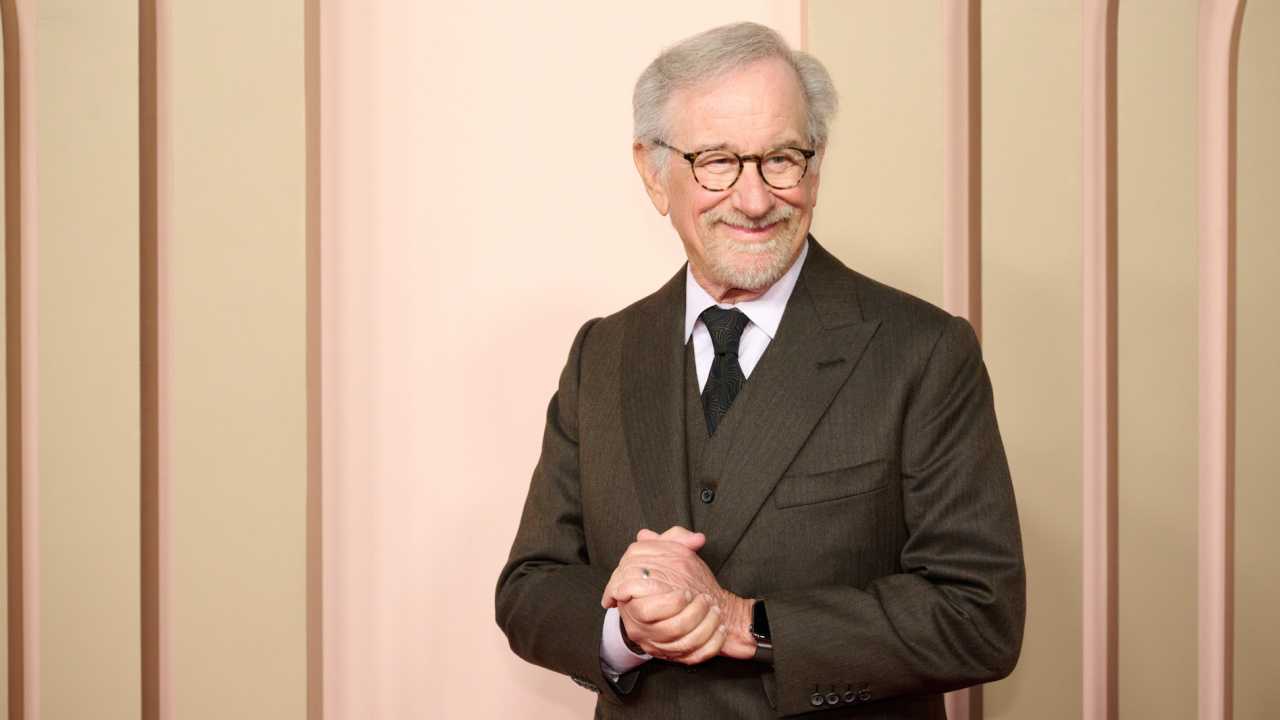



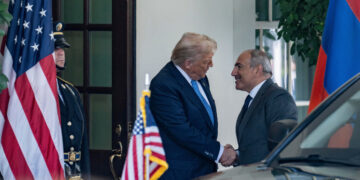

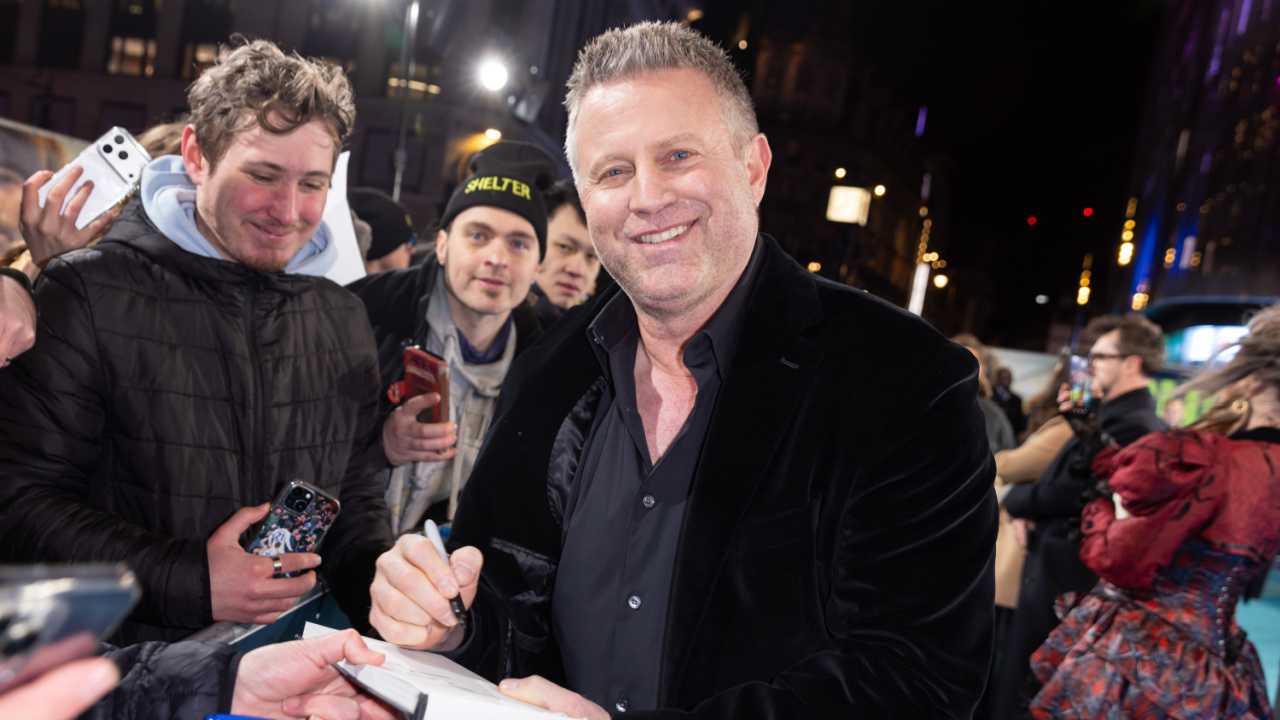













Discussion about this post